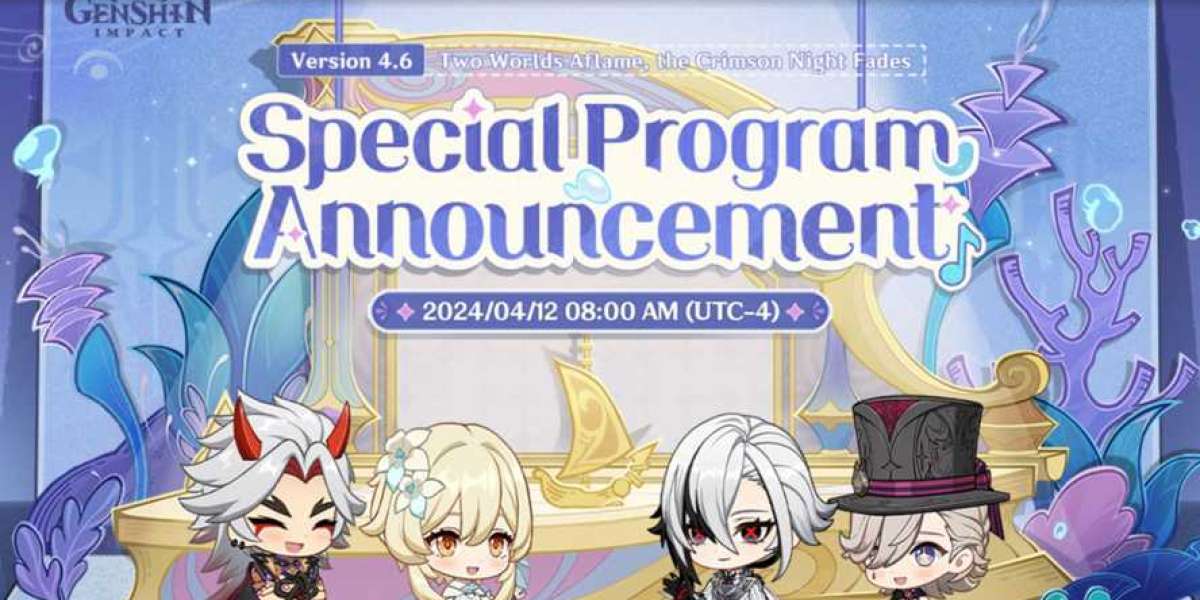The initial stages of a relationship are often filled with intense emotions that can cloud our judgment. We're swept away by the excitement of new love, and critical thinking takes a backseat. But as that initial passion fades, a more real and enduring relationship can begin.
This is when the first arguments might surface. We start seeing each other with clearer eyes and ask ourselves the important question: "Is this the person I want by my side in the long run?" This is the turning point where we learn to communicate not just as passionate lovers, but also as supportive partners and friends.
However, over time, even emotional closeness can wane. Couples might find themselves drifting apart, living increasingly separate lives, with little interest in each other's present or future plans. This emotional disconnect can lead to frustration, dissatisfaction, and a constant undercurrent of anxiety, especially for women in many cases.
The impact of a strained relationship goes beyond the couple themselves. It affects children, family members, and even those around them. Remember, strong relationships are the building blocks of healthy families and communities.
So, the key to a lasting and fulfilling relationship is learning to get along, to build what the Old Slavs called "Lad" – harmony, peace, and order. Here are some tips to cultivate that Lad in your relationship:
- Find common ground: Rediscover the things that brought you together in the first place. Shared interests, values, or goals can act as a strong foundation.
- Rekindle genuine interest: Ask open-ended questions that encourage conversation and go beyond simple "yes" or "no" answers. Listen actively and show genuine curiosity about your partner's life.
- Make time for connection: Plan informal quality time together, away from daily routines. It could be anything from a walk in the park to a board game night.
- Open communication: Talk openly and honestly about your plans, desires, feelings, and concerns. Express your appreciation and gratitude for your partner to make them feel valued.
- Seek professional help: If you're struggling to communicate effectively or navigate challenges in your relationship, consider seeking guidance from a mental health professional.
Remember, change takes time. But by implementing these tips and investing in your relationship, you can cultivate a deeper connection and build a future filled with love and understanding.
Considering professional help? Here are some resources:
- Couples therapists: Can provide a safe space for you and your partner to address communication issues and work towards a stronger bond.
- Marriage and family therapists (MFTs): Offer specialized therapy for couples and families, addressing relationship dynamics and fostering healthier interactions.
- Relationship coaches: Can provide guidance and support in developing communication skills, resolving conflict, and building a stronger relationship foundation.
Taking these steps can significantly improve your relationship and create a more positive impact on your life and the lives of those around you.



